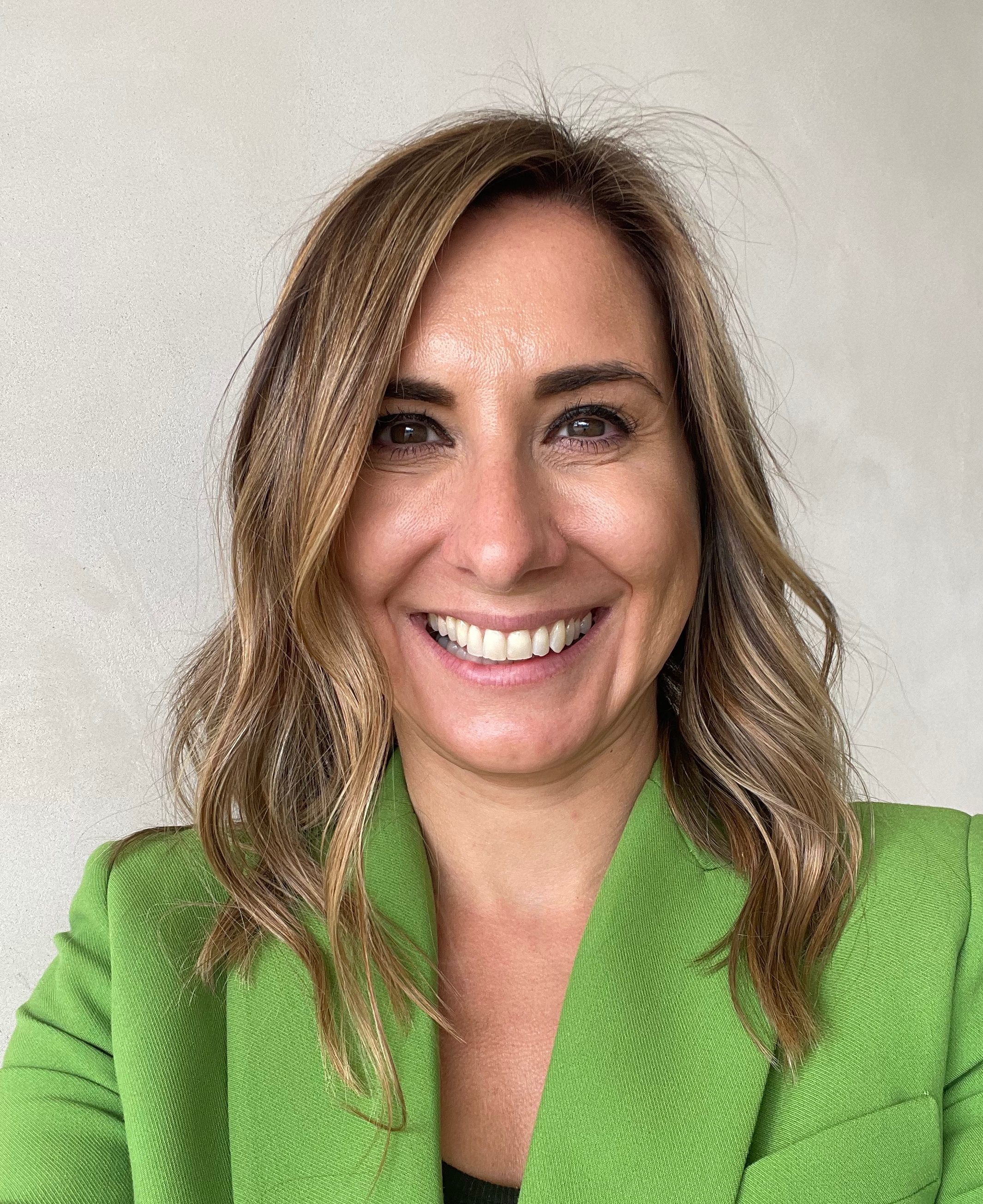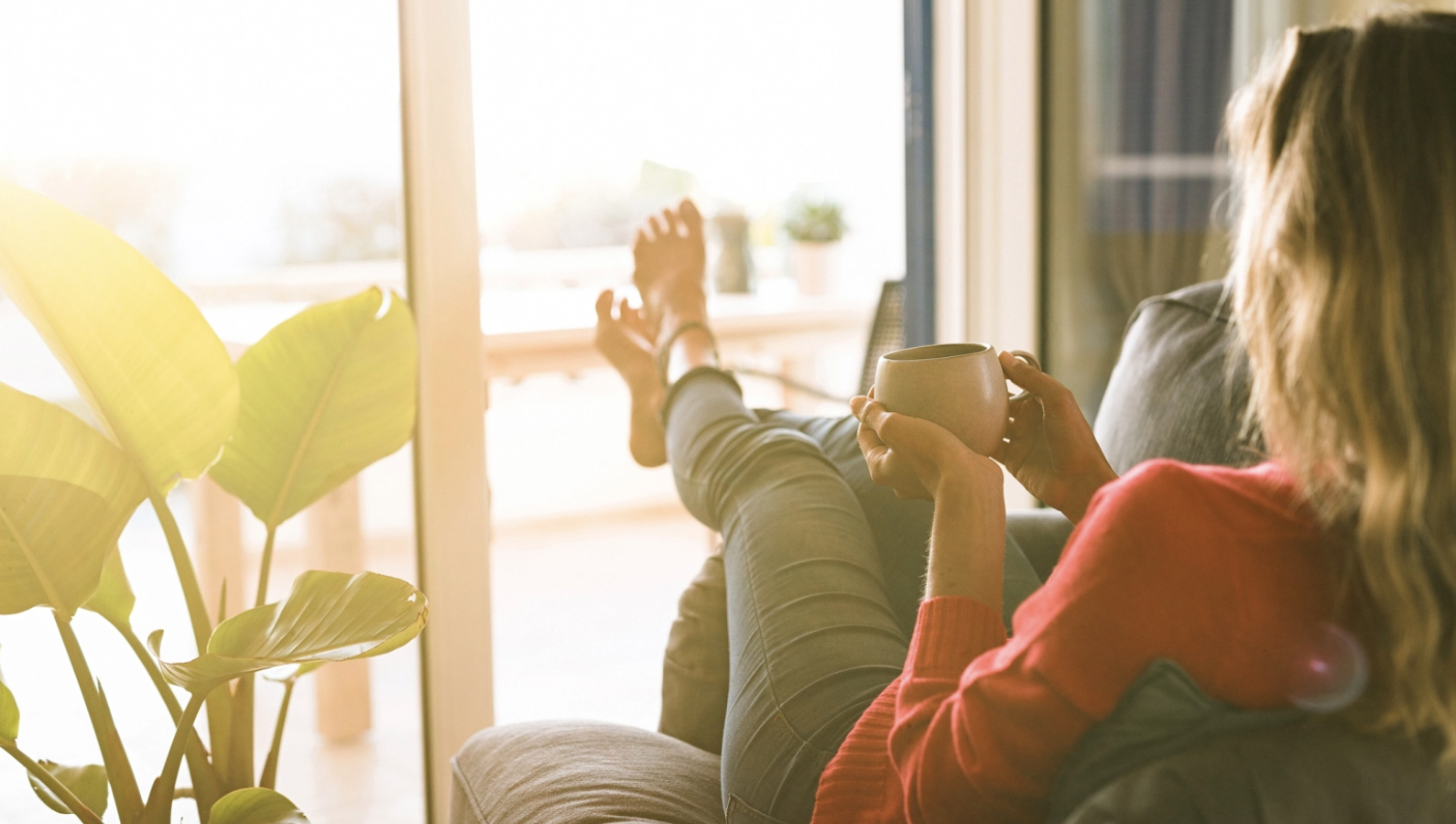I’d been planning to take a year off for a while, saving money each month to fund my dream. Cumulative stress, built up over six years working in a chaotic early-stage start-up, regular 13-hour days just to keep a faint grip on my workload and far too many mornings that started at 5.45am with a firefight. While I loved my job as Head of Editorial at Snapchat I was aching for a rest and reboot.
One year turned into 18 months after finding joy in almost every aspect of temporary retirement. It was an extreme privilege to be able to take a career break in the first place, and I was lucky that I could milk it for as long as I did. The only real downside was the absence of a corporation putting cash in my checking account every two weeks. That bit really sucked.
Zero work stress, endless time to myself and not a single Zoom meeting that started with someone on mute, the initial perks were obvious. Everyday was a Saturday! It took a little longer to learn the bigger lessons. Here’s six that surprised me…
Within weeks I looked 10 years younger
I appreciate that changes to my face is a vacuous place to start but never before have I had so many friends say to me in various ways “you look well”. I was told I looked “glowy” and that I had a “lightness in my face”. I have no idea what that last comment meant, but I too saw a positive change. Gone were the hollow under eyes and dark circles that were the result of rarely getting more than six hours sleep a night, puffiness departed and my skin texture was clearer and brighter. I hadn’t changed my skincare routine other than to add more sleep and experience less stress. As the months went on I reduced my quarterly Botox appointments to every six months, felt more confident on days I didn’t wear make-up and still continued to attract unsolicited compliments.
Taking so much time off made other people feel uncomfortable
“So what’s the plan?”
“When will you go back to work?”
“Do you have a job yet?”
“Eighteen months is too long to take off.”
“How will you explain the gap in your resume?”
I could go on, but you get the idea.
A few months into my sabbatical, with an eye on extending from a year to 18 months, led some of those closest to me to question my choices – loudly. From worrying whether I was draining my savings, to those who thought I was making myself irrelevant by taking too much time out, I was surprised by how uncomfortable it made some feel. I think they were expressing their own anxieties about financial security or obscurity, or they thought I was judging them for their choices by making mine. Whatever it was, it was weird. I’d never considered the choice to take time out as rebellious but that was how the questions made me feel as I was reminded frequently that I was going against the norm in western societies to work – or care-give – constantly from the end of education to retirement.
Being time-poor is expensive
Without a regular salary I had to scale back my spending so one of my first unemployed tasks was to go over my monthly expenses and I was shocked by how many of my costs were a result from having so little non-work time. From sky-high food delivery service bills, work expenses I didn’t have time to claim for, grocery bills from the pricey market that was much closer than the cheaper one a few miles away and housekeeper bills. While I was incredibly lucky to be earning an above-average salary, I was working such long hours that my time-saving behavior ate up over $1,000 of my disposable income a month.
I became more connected to my local community
Volunteering was one of the most enriching activities of my sabbatical. I helped to cook meals for the unhoused, worked in a COVID-19 vaccine center and delivered food bank groceries to low-income households. I got so much more out of the experiences than the time I gave. Meeting members of my community – in Venice Beach, CA – and growing my understanding of local issues deepened my connection to the people and the place I’d lived in for more than five years. Volunteering and having more time to spare also helped me to see beyond my social bubble. I walked my errands, taking different streets to see unfamiliar parts of my neighborhood. I discovered cute parks, found local stores and struck up conversation with familiar faces that I’d pass by. I saw my home from a new perspective and felt a sense of community deeper than ever before.
A cup of tea can be an event
While working, a cup of tea was something that was drunk in the bathroom while I took an early call with my U.K. colleagues, applied mascara with one hand and responded to an urgent Slack with the other. With an empty schedule it became a treasured moment in my day. I would sit down with it and wouldn’t get up until the cup was drained. While sipping I would plan out my day, play Wordle (badly), and other times just think through my thoughts. Once I was done I’d start the productive part of my day. Now I’m working again – as a content creator and consultant for my own business Beginning, Middle and End – I try to keep this ritual in my morning routine. It doesn’t always happen but when I do it sets me up with a clear head to start the day.
Wine at 2pm on Tuesday tastes so much sweeter than at 6pm on Friday
At the beginning of the pandemic when work stress was peaking I got into an unhealthy habit of opening a bottle of wine at 6pm on Fridays. It was usually empty before 7.30pm along with a bag of Sour Cream and Onion Ruffles. I framed it as a reward at the end of a punishing week but in reality it was an escape hatch – a way to instantly de-stress and switch off. I couldn’t leave my apartment, but I could leave my overworked mind. Drinking in that way didn’t make me feel relaxed or chilled, it killed my senses, but at the same time felt so necessary. And only with some space do I see now just how overwhelmed I felt and how much relief I craved at the end of the work week.
My relationship with alcohol has changed quite a bit since then. I rarely, if ever, drink alone. Now I run my own schedule, and have been able to remove a lot of stress from my life, I am able to enjoy a cheeky glass with lunch because I want it, rather than need it. And let me tell you, sipping at 2pm is a lot better than downing at 6pm.


